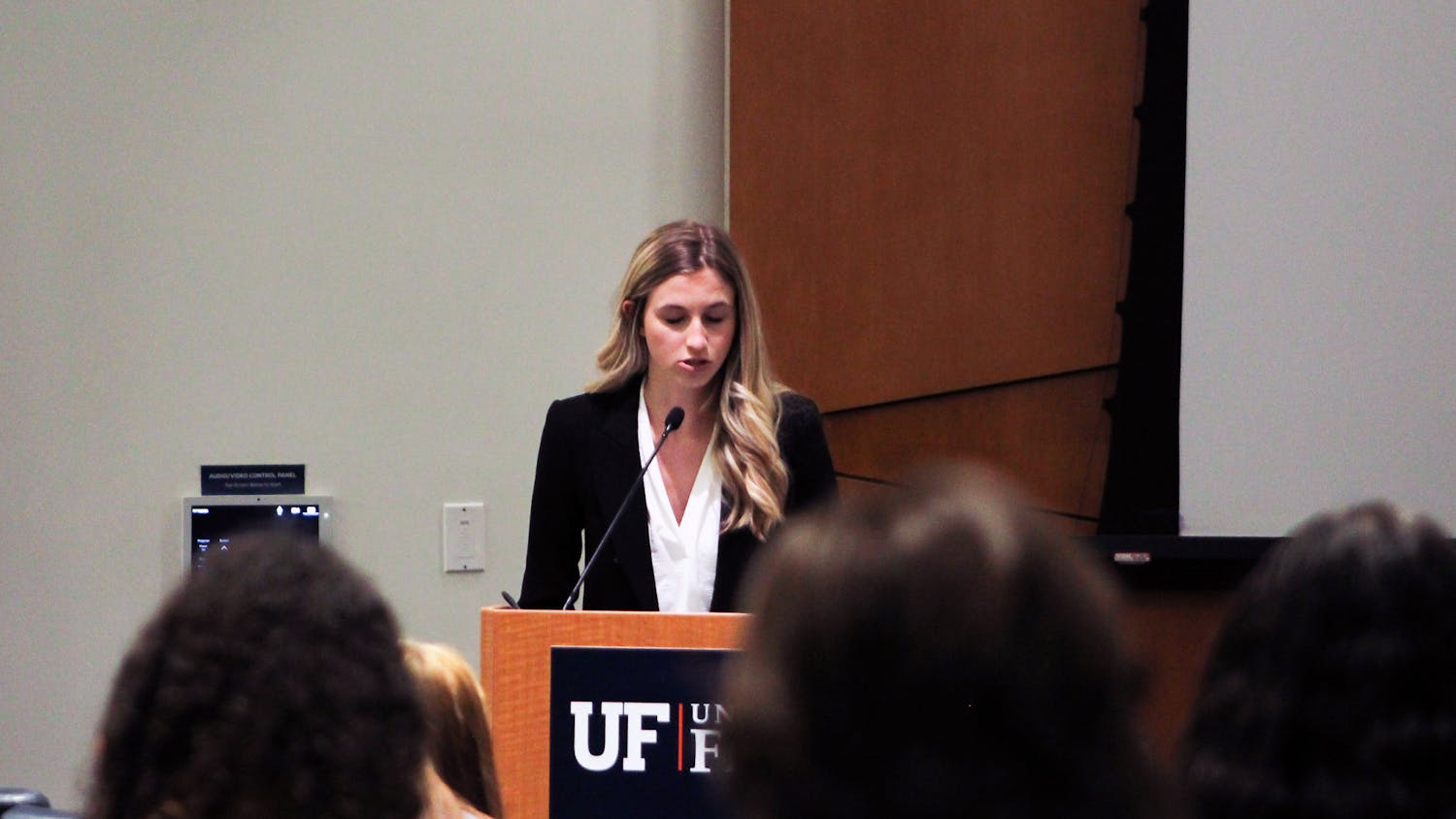Another year has come and gone. America began 2013 facing a number of difficult political and societal challenges, including an unemployment rate of 7.9 percent, increasing rates of economic inequality and poverty, and the ever-looming specter of global climate change.
Unfortunately, and perhaps unsurprisingly, the federal government failed to seriously address many of these vital issues in 2013. The current Congress is on pace to be the least productive in American history, with only 55 bills passed into law over the past year.
The Senate did pass many important pieces of legislation in 2013, including comprehensive immigration reform and the Employment Non-Discrimination Act, which would prohibit workplace discrimination on the basis of sexual orientation. However, it seems as though these bills were neither considered by the Republican-controlled House, nor did House leaders propose any constructive alternatives to the Senate bills.
Naturally, Speaker of the House John Boehner claimed without hesitation that the House had “done [its] work” during the past year.
In fact, Boehner thought so highly of the House’s performance in 2013 that he decided to give his fellow legislators 13 extra days off this year. The House will be in session for 113 days in 2014, compared to 126 days last year.
Americans did not share Boehner’s positive view of Congress’ effectiveness in 2013. According to an AP poll, Congress finished the year with a disapproval rating of 83 percent among Democrats and 87 percent among Republicans.
President Obama and his administration also had a difficult 2013. The flawed rollout of the Affordable Care Act, the president’s signature health care reform bill, increased skepticism about the capacity of the federal government to meet the needs of the American people.
President Barack Obama finished the year with some of the lowest approval ratings of his five years in office. The same AP poll found that 46 percent of Americans approve of the president’s performance while 50 percent disapprove.
Our country faces challenges that grow more daunting every day, and many of them can only be resolved with bold action on the part of our government. The most important of these issues, and one that has major implications for American society, is the increasing rate of economic inequality in the U.S.
Economic inequality in America continues to grow as the ultrarich get wealthier, and middle-class incomes stagnate. According to recent estimates, average income for the wealthiest 5 percent of Americans has risen about 17 percent during the last 20 years. During the same period, middle-class incomes have grown by less than 5 percent.
The problem of economic inequality has grown even more dramatically during the last few years. From 2009 to 2012, about 95 percent of all income gains went to the wealthiest 1 percent of Americans.
Many economists argue that the growing disparity between the rich and everyone else has dire negative consequences for the American economy, which is largely fueled by consumer spending. As incomes shrink or stagnate, middle-class Americans have less money to spend on consumer goods, leading to an overall decrease in gross domestic product.
There are a number of government policies that would help confront the problem of economic inequality. The most obvious of these is to raise the federal minimum wage from its current level of $7.25 an hour. If the minimum wage had increased over time at the same rate as inflation, it would currently be $10.70 an hour.
Raising the minimum wage would reduce economic inequality by boosting working-class incomes. It would thus promote consumer spending, strengthen job creation and lift hundreds of thousands of minimum-wage workers out of poverty.
Given the divided nature of our government, it seems unlikely that such progressive solutions to our political challenges will be enacted this year. However, in November, Americans around the country will have the opportunity to cast ballots for members of both the House and Senate.
The 2014 elections will allow voters to remove legislators who have obstructed political progress during the last two years and replace them with individuals who will act on behalf of all Americans. Our country must empower leaders who will work to confront the challenges we face, and the upcoming elections present just such an opportunity.
Elliot Levy is UF political science and public relations junior.A version of this column ran on page 7 on 1/7/2014 under the headline "New Year’s resolution for America 2014: Economic equality"




